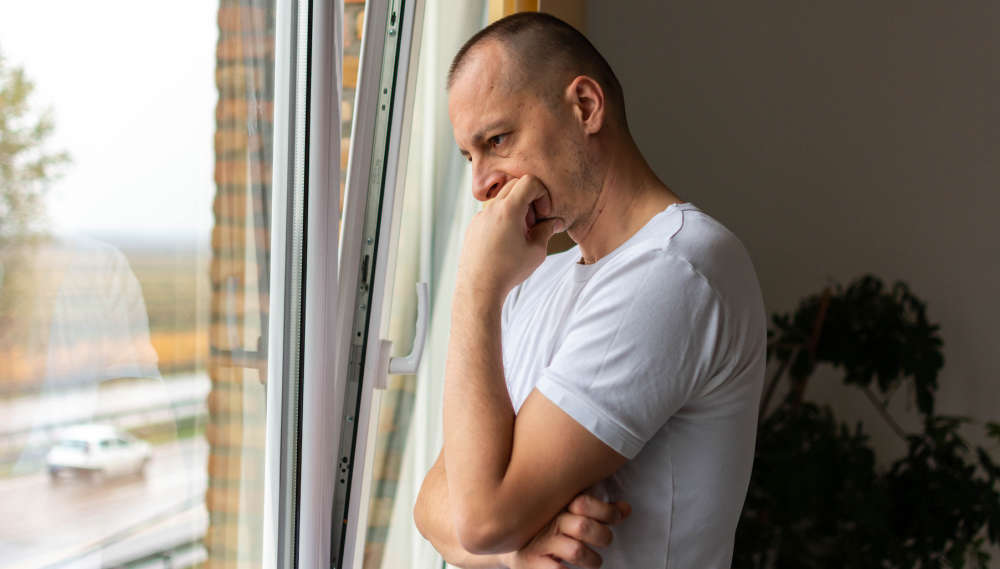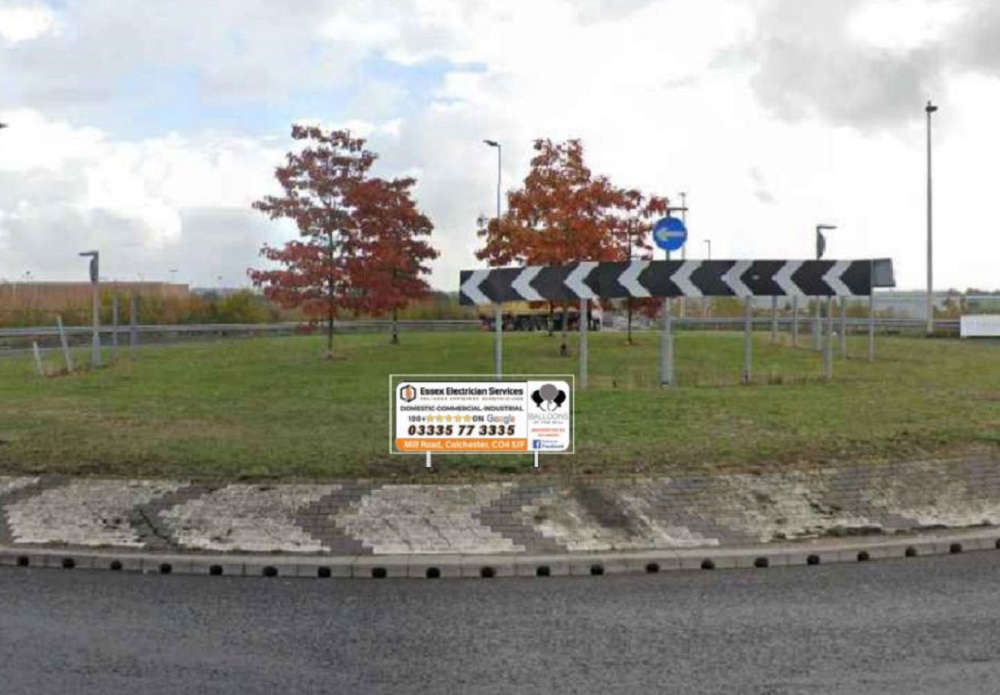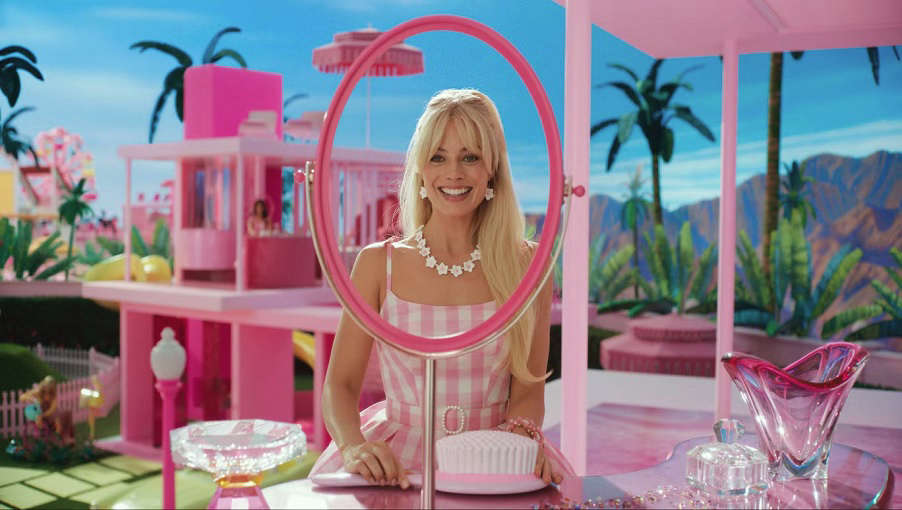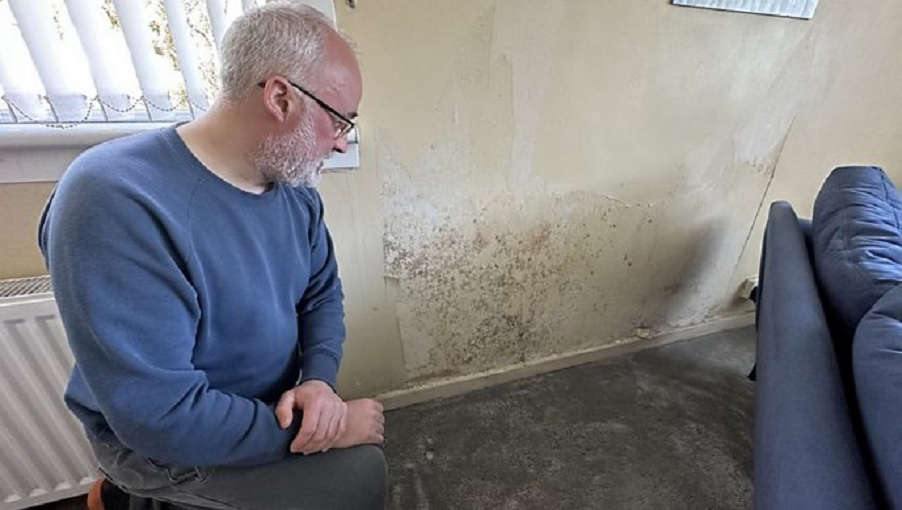

5 five things we learned in Mental Health Week
Posted: Monday, October 24th, 2022

Fix Radio hosted its Mental Health Week at the end of October, to raise awareness to the sector’s ongoing mental health crisis. Over the week, on The Clive Holland Show, The Bald Builders Breakfast, Down Tools with Trev and Rich and our trade shows, tradespeople and charity workers shared details of their own mental health journey, suggested coping mechanisms, and offered advice. Here are five things we learned throughout the week. 1 – Some good news, and some not so good news There is some good news. With the limited data we have, it seems that awareness and support to the sector’s mental wellbeing crisis is increasing. Appearing during Mental Health Week, Daisie Rees-Evans, policy and public affairs officer, at the Chartered Institute of Building, said that research from August suggested that “more than half” of those surveyed had seen an increase in mental health support since the start of the pandemic. But unfortunately, increased support hasn’t reduced the industry’s suicide rate. Still two people working in the construction industry commit suicide every working day in the UK. Construction workers are three times more likely to end their own life than workers in other industries. So, there is still loads of work to be done. 2 – Raising awareness is still the biggest issue You would have thought everybody has got the message, right? Apparently not. On the first day of Mental Health Week, Bill Hill, CEO of Lighthouse Club said that after visiting building sites across the UK in the summer with the Make it Visible campaign, they were just scratching the surface of the problem. Despite all the discussion, media coverage and fundraising, 90% of those they saw onsite hadn’t heard of the construction charity and weren’t aware of its services. That is a pretty good indicator of the scale of the problem and how much work still needs to be done. 3 – Concern of losing work stops people opening-up about mental health A 2019 report by the Chartered Institute of Building (CIOB) estimated that 56% of construction workers were employed by companies without mental health policies. Superficially, at least there is evidence that the pandemic has accelerated the introduction of mental welling support. But for many construction workers, particularly the agency hires, self-employed or zero-contract workers that make up 56% of the industry’s workforce, there is a real fear they’ll lose work if they open-up about mental health to colleagues and employers. Employees (regardless of employment status) need confidence to come forward and discuss the issue. This starts and ends with the people running construction companies. 4 – Staying active can help your mental wellbeing Everybody needs to find what works for them. During the week there were a lot of people contacting Fix Radio talking about how exercise helps them manage their mental wellbeing. A few had completed the coast-to-coast walk. Some go running. Others help run the local football team. Mark Crossley, ex-Nottingham Forest goalkeeper, goes walking. It’s all endorphins and getting them flowing can really help manage your mental health. 5 – Talking about your problems is the first step to solving them When you run out of materials on a job, you make a phone call. When the drawings are wrong, you talk to somebody. As an industry, it is central to what you do. When we’re all talking and communicating, the industry builds amazing things – skyscrapers, bridges, homes, roads. It’s the same with mental health – talking about it is the first step to managing and solving the issue. So, if somebody is not quite on form on-site, reach out and check they are OK. And then check again. For The Clive Holland Show podcast on Mental Health Week click below.
Trending Stories
-
 Essex electrician has roundabout signs rejected
Essex electrician has roundabout signs rejected
A sparkie’s bid to sponsor signs on two roundabouts has been refused by planning chiefs who described them as “clutter”
-
 Barbie caused a ‘worldwide’ shortage of pink paint
Barbie caused a ‘worldwide’ shortage of pink paint
Barbie needed so much fluorescent pink paint that it caused a worldwide supply shortage for an entire company
-
 Builders find body of man murdered in the 1960s and buried in back garden
Builders find body of man murdered in the 1960s and buried in back garden
A woman who bought a South London house was left horrified after builders discovered the body of a man murdered in the 1960s and buried in her garden 14 months after she moved in
-
 'Government insulation scheme ruined my home'
'Government insulation scheme ruined my home'
A home-owner said his flat has been ruined by black mould caused by a government "green" insulation schem
-
 Builder celebrates lottery win by buying his coworkers bacon butties
Builder celebrates lottery win by buying his coworkers bacon butties
A builder from Milford Haven who won big on the lottery celebrated his victory by treating all his workmates to a round of bacon rolls